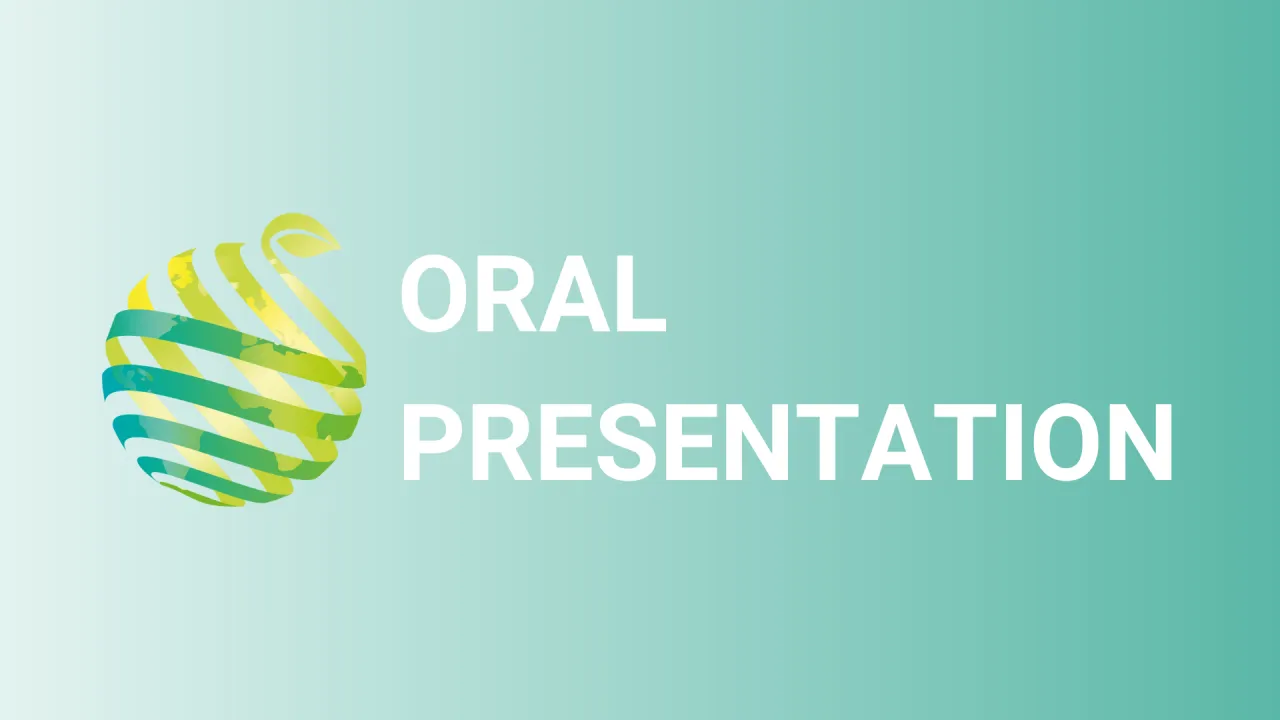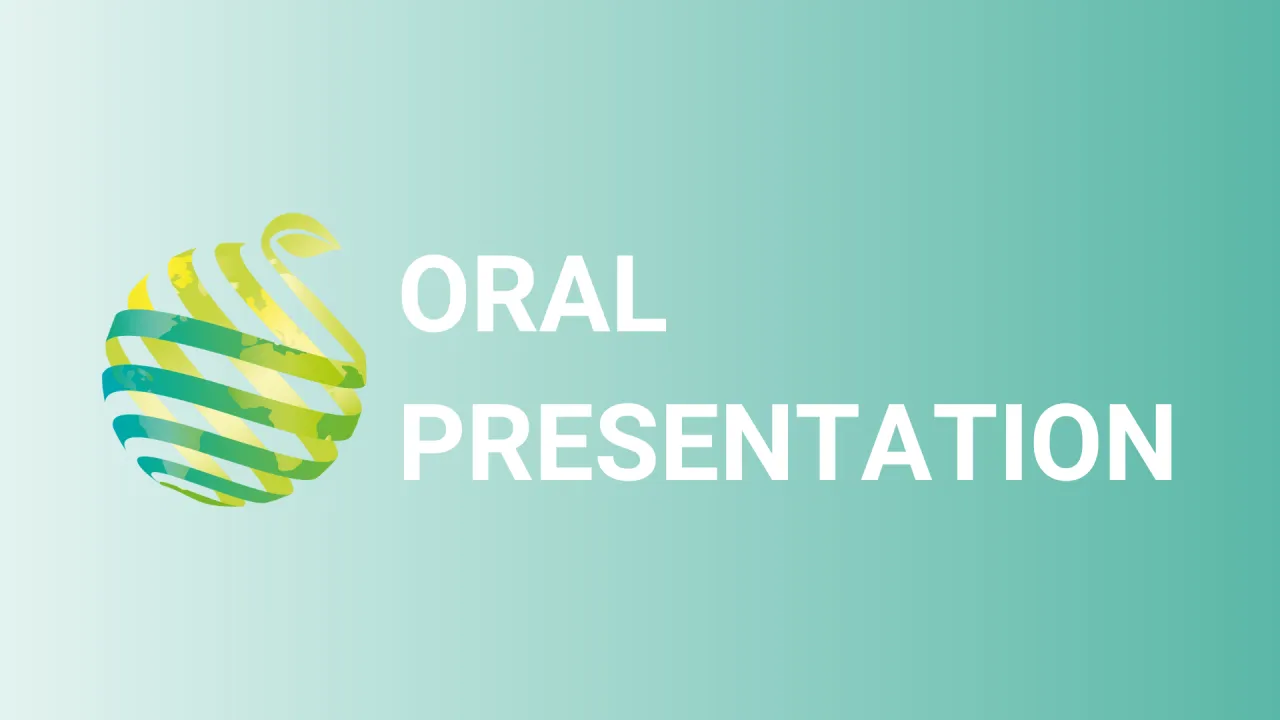

S22 - Session O2 - HPLC analyses of indigoids and related compounds in selected indigo-producing plants
Information
Authors: Zvi Koren *, Dominique Cardon, Hisako Sumi, David Santandreu, Aboubakar Fofana, Charllotte Kwon, Tim McLoughlin, Iris Bremaud
The precursors in the leaves of all indigo-producing plants are indoxyl derivatives with different attached sugar moieties (glycosylated forms of indoxyl). The gamut of these possible compounds can include indican, and the so-called isatans A, B, and C. Hydrolysis of these precursors will cleave the irrelevant sugar entities and leave the indoxyl derivatives to further react with oxygen and consequently to colored compounds. The main colorant product is typically, of course, the bluish indigo pigment (also known as "indigotin"), with usually some reddish indirubin and yellowish isatin also produced. Indirubin is an isomer of indigo, and the less-colored isatin is an oxidized form of a "half-indigo" molecule. A few interesting properties were observed in analyzing such plant leaves. In some plants, it is possible to produce an unusually large amount of indirubin, and, when combined with the indigo that is also produced, reddish purple colors are observed. Additionally, even fresh leaves, immediately after their cutting from the plant, will already show the presence of indigo in them. This talk will briefly describe the mechanisms by which these three colorants are produced, and the main emphasis of the presentation will be a quantitative comparison of the results of HPLC analyses performed on the leaves from a number of indigo-producing plants. This plant material includes relatively fresh, dried, and couched leaves. The talk about the "blues" will hopefully be a colorful one.